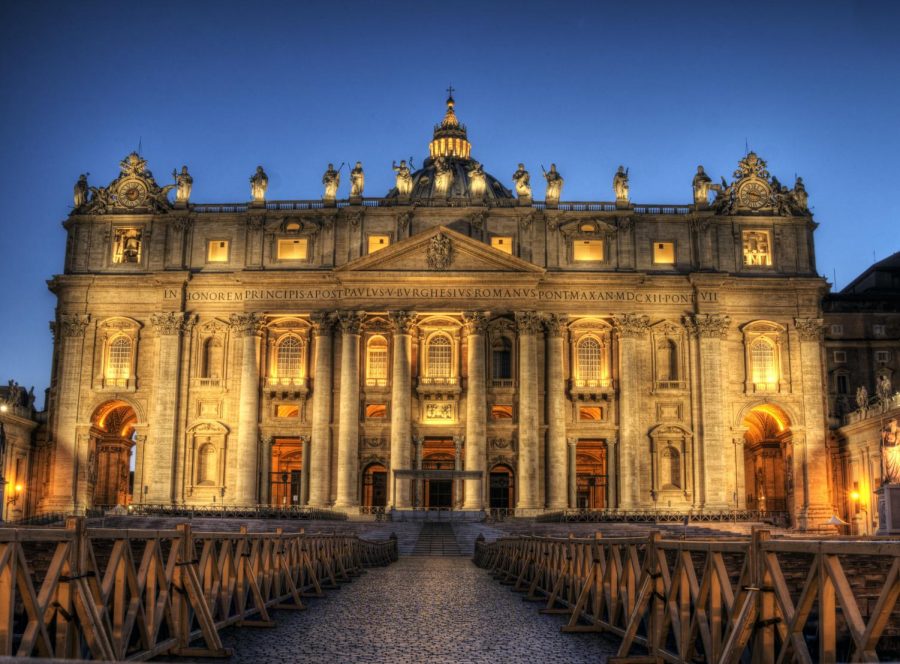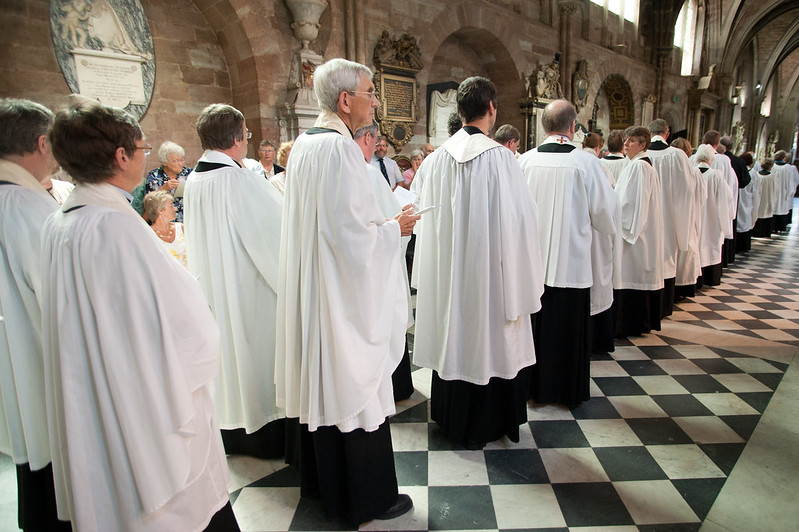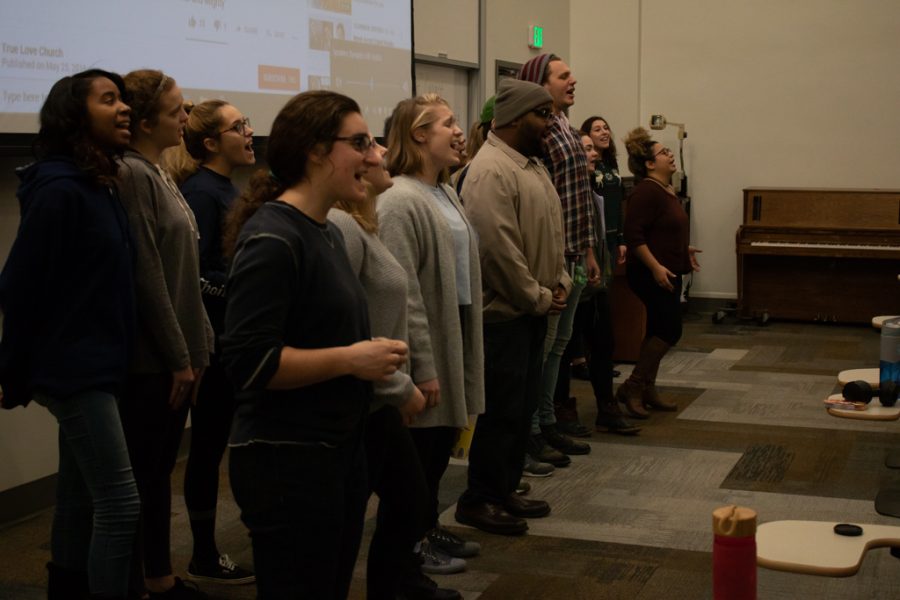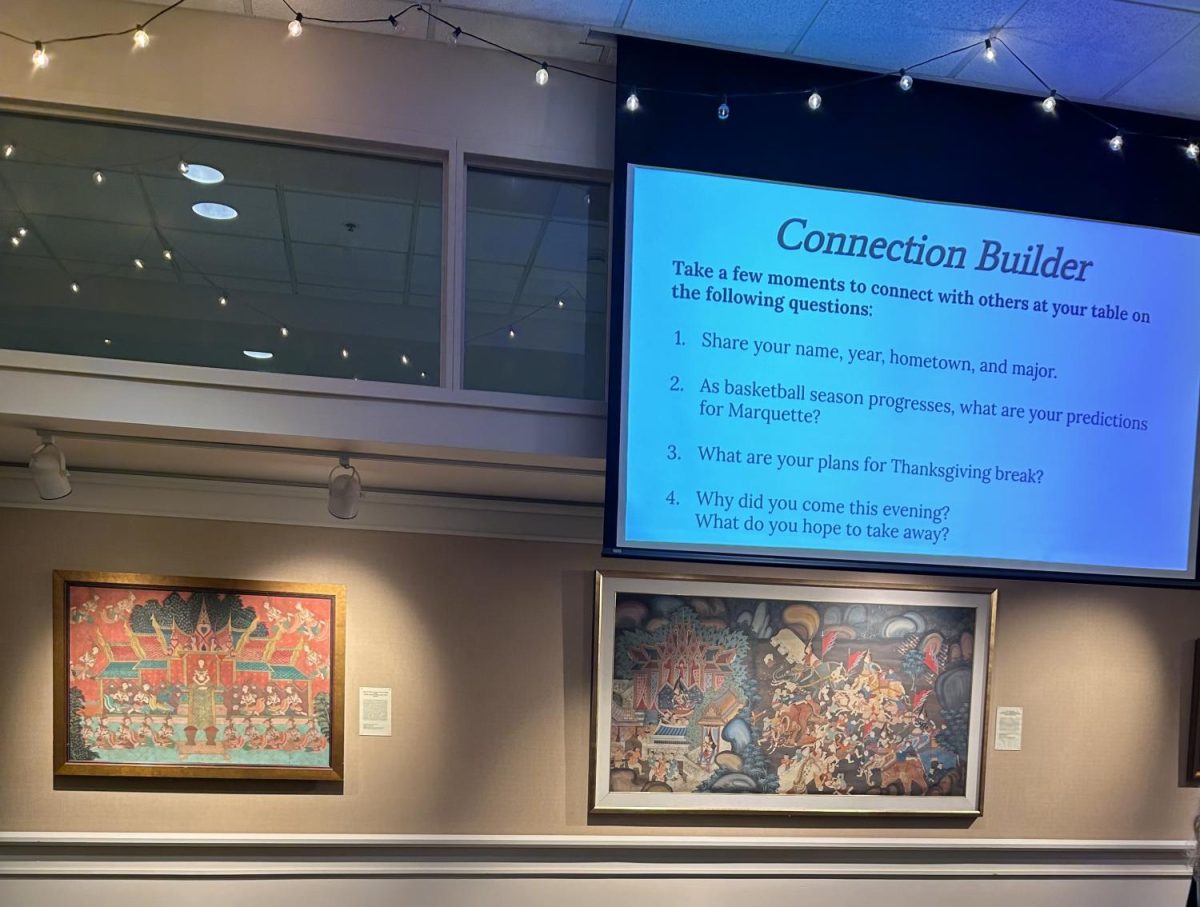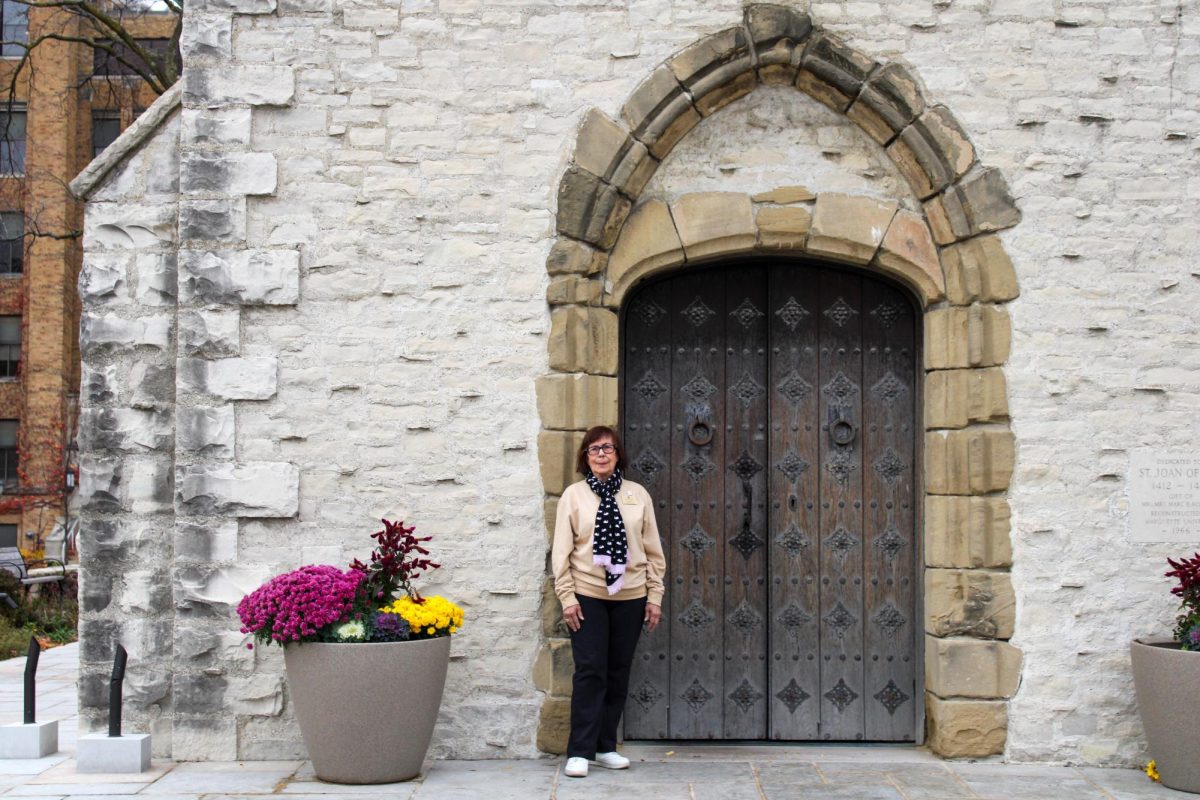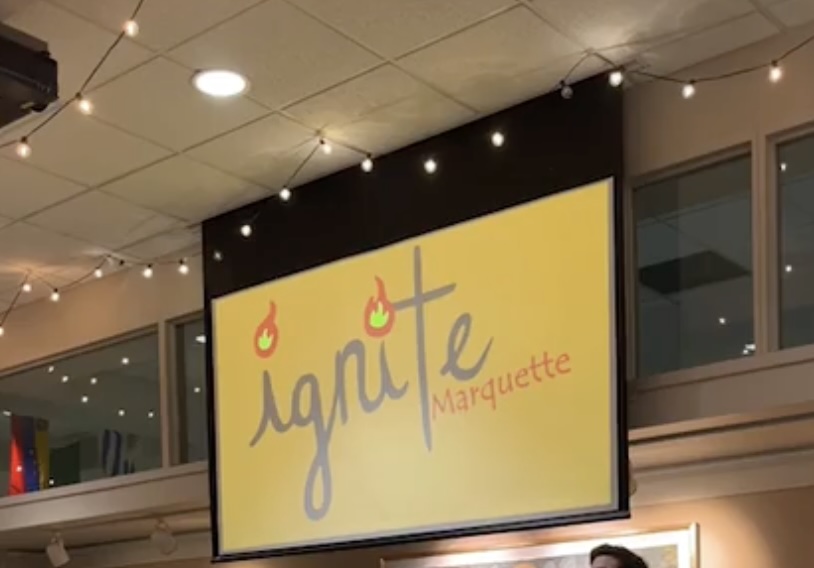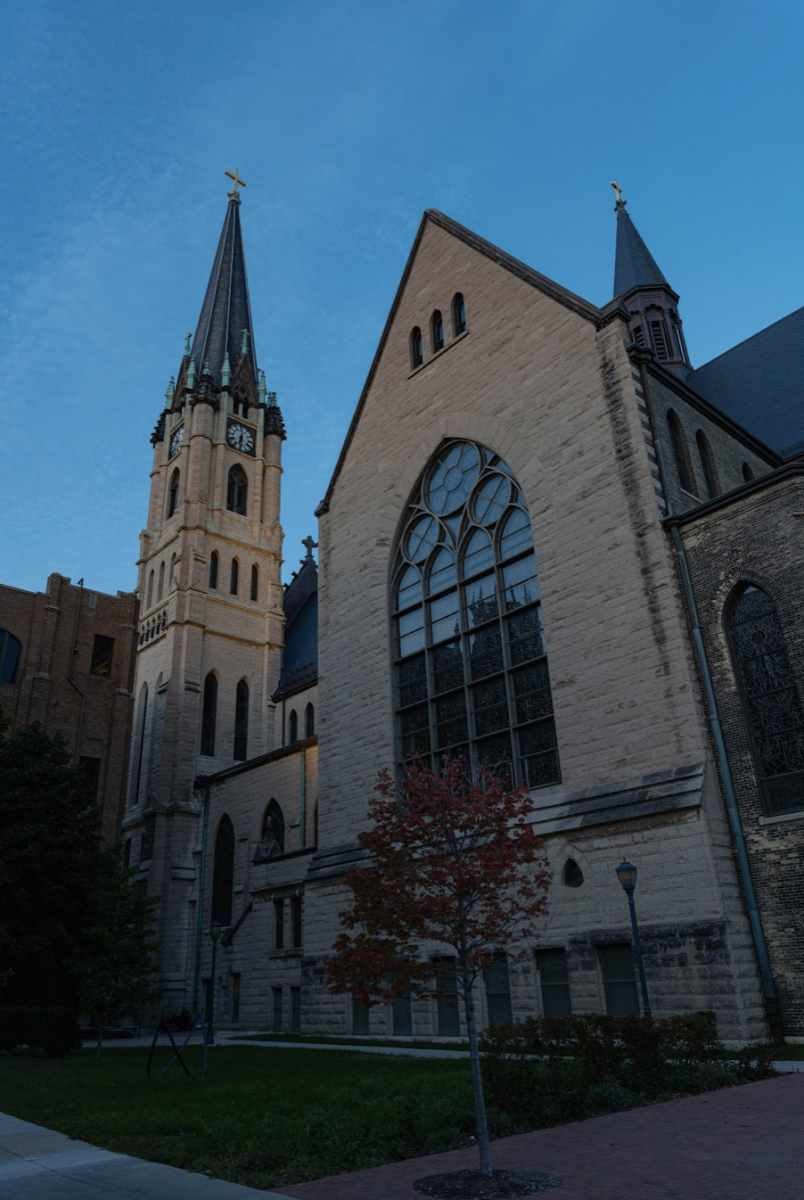
A new advertising campaign for the Roman Catholic Church is aiming to compete with the likes of AT&T and Bud Light for television audiences’ “business” around the nation.
The campaign — whose ads may run during anything from the local news to reruns of Jersey Shore — features soft music and real people softly telling their real stories about their return to the Catholic Church.
And given the current state of television programming, the task is a daunting one.
Catholics Come Home Inc., the organization leading the Internet and TV campaign, comes at a time when only one-third of Catholics attend Mass weekly. The advertisements look to draw in those who label themselves Catholic but do not attend church and those who were once Catholic but are no longer religious.
TV: King of ads
Americans watch an average of five hours of television each day. TV also has “a greater impact than any other advertising medium combined with the fulfillment of the Internet,” according to the Catholics Come Home Web site.
By putting the church in the eyes and minds of the public, CCH looks to “offer an opportunity to learn (or relearn) the truth about the Catholic faith.”
The ads run nationally, with a major campaign in Chicago currently underway.
CCH’s founder and president, Tom Peterson, acknowledged college students are not the target demographic for the TV ads. He said they’re most effective for bringing back young married couples who want to raise their children religiously. However, he did say the Web site’s “movie commercial” is geared towards young people.
“Americans today are fed a steady diet of secularism in everything they do,” he said. “The world is luring us away from the church, but deep down you know in your heart that you need God, and seeing one of these ads, for some people, for many people, cuts to the core and literally brings them back to the church.”
Peterson said CCH has received countless letters and e-mails from returning Catholics saying the ads made an impact on their personal decision to go back to the church.
‘Culture war’
Along with not attending Mass, an increasing number of Americans are labeling themselves as non-religious/secular, a group that grew 110 percent from 1990 to 2000 according to the CCH site.
CCH has declared a “culture war” on secularism. According to the organization, non-religious/secular people outnumber practicing Catholics by 58 percent, a cause for legitimate concern among those in the business of evangelization. Non-religious people now make up 15 percent of the total U.S. population according to the2008 American Religious Identification Survey by Trinity College.
Such statistics coupled with 66 percent of Catholics do not attend Mass weekly beg the question: Why aren’t people going to Mass and why do people leave the church? The number of Catholics continues to grow, but church attendance remains at a stable low.
Some conservative voices have argued the church has been in decline because of the Second Vatican Council, held in the 1960s.
Former presidential candidate and conservative political commentator Patrick Buchanan wrote in an article, “When Pope John XXIII threw open the windows of the church (by opening Vatican II), all the poisonous vapors of modernity entered, along with the devil himself.”
Buchanan’s metaphor may be a little extreme, but a 1958 pre-Vatican II Gallup Poll found three out of four Catholics attended Mass each week.
Buchanan argues that by having participants take a more active role in the church and abandoning old traditions such as a Latin Mass, the church lost its position as a “moral beacon to mankind.”
Among the post-Vatican II crowd, the reasons for low Mass attendance may be more worldly than Buchanan thought, especially among college students.
Catholics come to college
Marquette, being a Catholic university, has many Catholic students — but not all attend Mass.
The Tribune found many Marquette students attend Mass when they are at home with their families, but opt not to attend Mass with the freedom they have living away from home.
One senior in the College of Communication echoed what many people say when asked if she goes to Mass each week.
“I know it’s really not an excuse, but I don’t have time. I try to go but it’s just hard to get to,” she said, gesturing to the crutches she has for her injury.
A freshman in the College of Business Administration said, “I know I should go but I just don’t. I used to, but now I just don’t for no reason.”
“Distractions” was another word used, along with friends, homework, parties, classes and sleep.
While many students used to attend Mass but now do not, they still identify themselves with the church and church community. This, however, is not always the case.
A freshman in the College of Engineering was raised Catholic, but began to veer from his religious upbringing before coming to Marquette.
“I don’t agree with some of the stuff the church has done in the past, so why should I support them now?” he said. “I don’t believe in it. I’ve done my research and it doesn’t make sense to me. I don’t go to church.”
Although no university policy prevents an atheist student organization from forming on campus, no such organization currently exists, according to the Office of Student Development.
While most Marquette students don’t go to Mass on campus, there are still people who fill the pews on Sundays. Campus Ministry estimates that 750 to 850 students attend one of the three university sponsored Sunday Masses.
One of these churchgoers is a freshman in the College of Engineering.
“I’ve had a lot of experiences in my life that make me want to keep going,” he said. “The church has helped me get through the deaths of a close friend and a family member. Church is a responsibility that I’ve learned to enjoy.
“There’s really not a reason I can explain in human terms on why I go,” he said.
Mark Hampton, a freshman in the College of Business Administration and Christian Leaders Retreat member, said he likes the community, and it offers him a chance to pray with others. He also sings in the Liturgical Choir.
“It’s fulfilling to me,” he said, adding that being part of the choir pushes him to attend Mass.
“It’s unfortunate that some people aren’t getting enough out of Mass that they aren’t going,” he said.
A Mass invitation
With all of the different views on religion in today’s world, winning people back to the church is never an easy task.
Peterson said CCH is on a mission to spread the truth about the church and let people come back.
“We are not in-your-face, not putting anyone else’s views down, it is a simple invitation to those who have drifted away from the faith,” he said. “It’s about time we take this stuff seriously. When we do and when we put in our best effort, the results are miraculous.”
CCH ran a campaign in Phoenix, Ariz., and six months after the ads stopped running Mass attendance in the diocese had increased by 12% percent, which translates to 92,000 people. This meant that for every $1.63 CCH spent on TV ads, one person returned to the church.
Peterson said the group has received some criticism from the secular world.
“Atheists don’t like us, but we say bring it on.”


